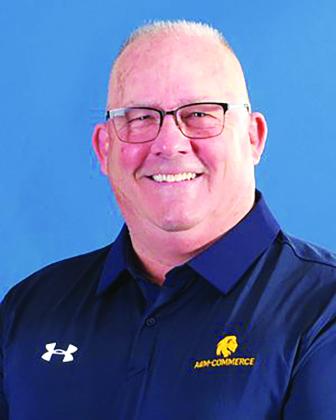In the book The Art of Followership, authors say dynamic leader-follower interaction is at the forefront of leadership. There are multiple roles followers play. Aristotle was a follower of Plato and eventually became a great philosopher. He understood the value of being a good follower.
Prior to an upcoming season, coaches usually look for a new set of leaders. Traditionally, coaches conduct leadership training and focus on outspoken players. I contend great leaders must first become great followers. Although it is rarely discussed in the annuals of history, great leaders were great followers.
In the Bible, we have many examples of great followers. Joshua followed Moses for more than forty years before he took over and led the children of Israel into the promise land. Elisha served Elijah for ten years before he took up his master’s mantle and performed even more miracles. The Apostle Peter, as described in Acts 17:6 followed Jesus for three years before him and the other disciples turned the world upside down.
I believe the worst leaders in history were not good followers. They were tyrants and made life miserable for the ones that were under their leadership. The best followers answer the call of duty and perfect their skill, whether as a player or as a coach. All of us in some capacity are followers.
What are the characteristics of a good follower? There are many books listing attributes of great leaders but only a few on followership. The authors of followership books say teams, organizations, companies, families, and other groups need members to provide a role.
Performing a role is leadership.
Followers are obedient and serve. To give orders and be an effective leader, great leaders must also, be able to obey orders. Followers are servants and great leaders are servant leaders. This means people are congenial, have joy and except their roles without grumbling or complaining. Recall the movie Remember the Titans? One of the players had a teammate removed from the team because he purposely did not fulfill his role on a block. These kind of teammates are cancer for a team and need to be removed, regardless of their talent level.
Follower-leadership demonstrates engagement. These leaders serve by pursuing dialogues, asking good questions, and generating new ideas. This contrasts with a person (player or coach) that is just surviving, having already checked out. A checked-out person provides little to no value to the team.
Most of us have been around a boss that is not very humble or very well liked. The boss is grumpy, jealous of insubordinates, barks out orders and very seldom gives praise. They only praise subordinates they are not jealous of. When they are no longer the boss, they realize they are alone because none of the former employees come to visit.
Players and bosses that are not good role models, do not have others respecting their leadership. Great followers do not make it about themselves. It is all for the team.
Thought for the week, “Leadership is service, not position.” Tim Fargo.
Dr. Jack Welch is an educator and college football coach. His doctorate is in educational administration, and he has been an educator, administrator, and football coach, mentoring young minds, for over 40 years. He is also the author of Foundations of Coaching. He can be reached at jackwelch1975@gmail.com.


